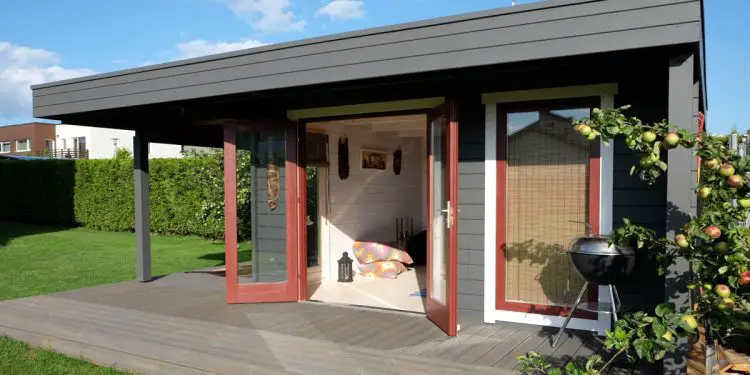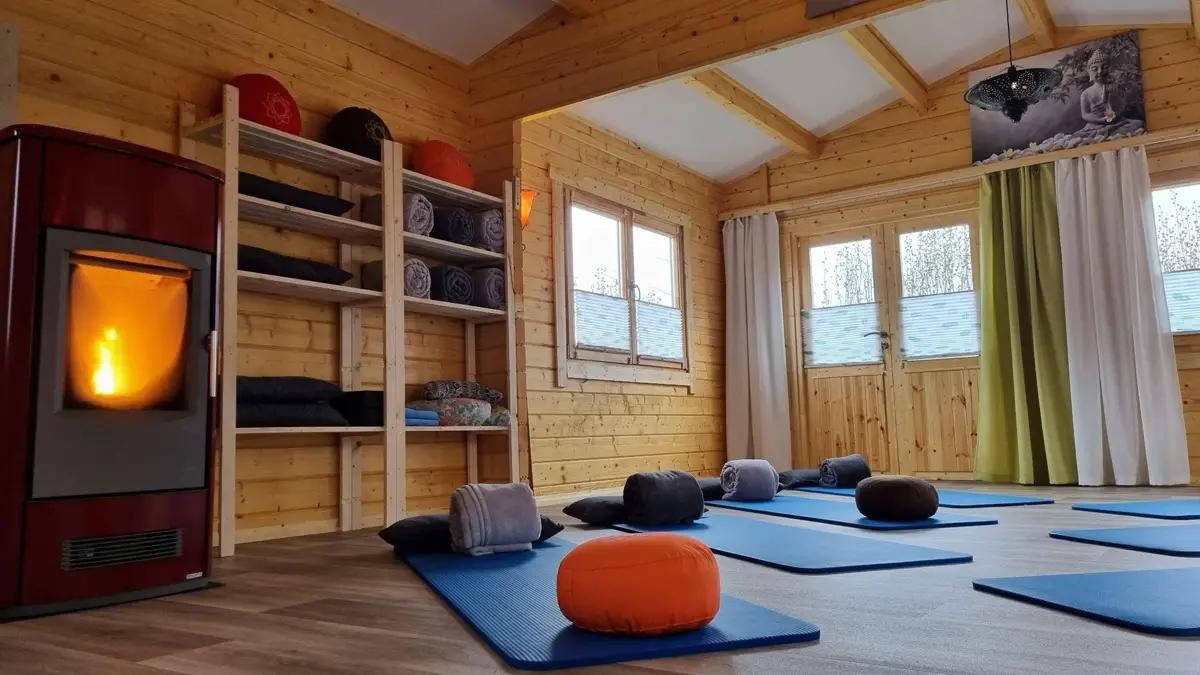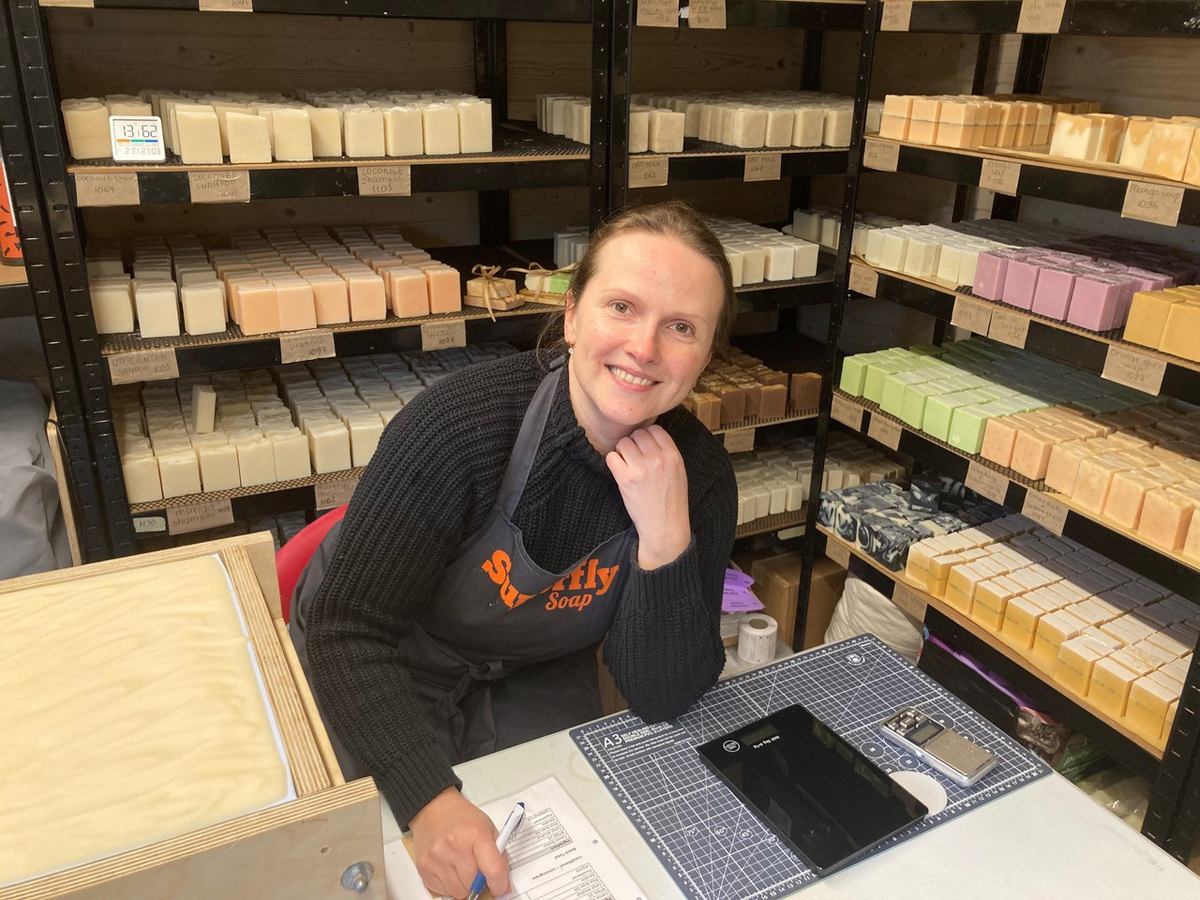Wooden Garden Cabins: The Low-Cost Launch Pad for Entrepreneurial Success

For many entrepreneurs, the dream of opening a studio, office or shop quickly collides with the reality of sky-high property prices, long leases and inflexible spaces that drain resources before a single customer walks through the door.
But there’s a shift happening that’s giving small businesses and side hustlers a new way in.
More and more, entrepreneurs are skipping the high street altogether and launching their ventures from wooden cabins. These spaces offer a cost-effective, fully customisable alternative to traditional brick and mortar premises and they’re popping up in gardens all over the UK.
From soap makers and dog groomers to pilates instructors and even nurseries, businesses of all shapes and sizes are thriving from timber structures. For some, it’s a low-cost way to get started. For others, it’s the breathing room they need to grow their business without taking on massive overheads.
The economic advantage
Traditional commercial spaces often require significant upfront costs, including deposits, legal fees and potential renovations. In contrast, investing in a wooden garden office is much more economical. A basic timber building suitable for business use might start around £5,000, depending on the size and specifications. Even if you splurge on a large conference room, the one-time investment usually still comes in under the long-term cost of renting commercial property.
Lowering your overheads gives you options. You can reinvest in your business, offer more competitive pricing or simply enjoy a healthier bottom line each year.
And the savings go beyond just rent:
● Utilities: Modern garden offices are designed with energy efficiency in mind, leading to lower heating and electricity bills.
● Business Rates: If your cabin is used exclusively for business, you may need to pay business rates. But many businesses qualify for small business rate relief, which can significantly reduce or even eliminate this cost.
● Maintenance: New garden offices tend to need less upkeep especially if they’re built with quality materials from the get-go.
There are tax advantages too. While the cabin itself counts as capital expenditure and isn’t tax-deductible, you can claim capital allowances on business-use fixtures and fittings, like lighting, electrical wiring, desks, equipment or even built-in storage. If your business is VAT-registered, you may also be able to reclaim VAT on the purchase and installation of the cabin, provided it’s used exclusively for business purposes.
You can also deduct a proportion of your household running costs, such as heating, electricity and broadband, based on how much time you spend working in your cabin and how much of your property it occupies. If you’re self-employed, you can use HMRC’s simplified expenses method which offers a flat-rate deduction depending on hours worked.
To keep everything above board, make sure to keep clear, accurate records, especially if you’re mixing personal and business use.
Practical considerations for business owners
Setting up a business in a wooden cabin in the garden is far simpler than leasing a commercial unit but there are still a few practical boxes to tick. Here’s what you need to consider:
● Planning permission and legal requirements
In many cases, wooden cabins used as home business spaces fall under permitted development rights. However, if you plan to host clients, customers or staff onsite, or run a high-traffic business like a salon or daycare, you may need full planning permission. It’s always best to check with your local council, as usage and location can affect the rules.
● Customisation options for different business needs
One of the biggest advantages of garden offices is how adaptable they are. You can add internal walls, soundproofing, skylights, or even extra doors for client access. To get the most out of your wooden cabin though, you should design your space around how you actually work, not how traditional office space is typically laid out.
● Utilities and connectivity essentials
If you’re using the cabin full-time, you’ll want power, lighting, heating and strong internet. Most business-ready cabins can be connected to your home’s mains supply via a certified electrician and many business owners choose to install electric panel heaters or underfloor heating for year-round comfort. Wi-Fi can often be extended using a booster or mesh network, but if you rely on video calls or cloud-based work, a wired Ethernet connection is worth the extra effort.
● Creating a professional business environment
First impressions count. Think about the customer experience if you’re inviting clients in – add signage, a seating area, or a coffee station. For video calls, a well-lit, clutter-free background can make your space feel more polished and credible. If you’re operating a spa, make sure your clients have privacy from the main house or neighbors.
● Insurance and security considerations
Don’t forget to update your business and home insurance. Consider a separate business policy to cover contents, liability and loss of income. On the security front, motion-sensor lights, quality locks and an alarm or camera system go a long way, particularly if you’re storing valuable stock or equipment on-site.
Crafting Soap in a Summerhouse24 Cabin!
When Anna and Russell Oxenden launched their sustainable soap brand, they needed a space that could grow with their business. Instead of renting a unit, they chose to build a timber cabin right in their garden and turned it into a fully functioning production hub for Superfly Soap.
From product development and small-batch manufacturing to packaging and shipping, every part of their process now happens under one roof – and that roof just happens to sit in their backyard.
Their cabin is compact, but it’s been meticulously organised to support everything their business needs. Choosing a garden building meant lower overheads, more flexibility and the ability to scale their business sustainably without sacrificing values or quality.
It’s proof that with the right setup, even a small cabin can power big ideas.
Conclusion
If you’re rethinking your workspace or wondering what’s possible outside the traditional commercial model, a wooden cabin could be the launch pad you didn’t know you needed. These garden builds are reshaping how modern businesses launch, grow and operate. They give entrepreneurs the breathing room to take risks, innovate and build on their own terms without getting buried in costs.
If you’ve ever dreamed of starting your own business but felt boxed in by commercial property costs, it might be time to reimagine what your dream “office” will look like.
PS: All images from Summerhouse24!












